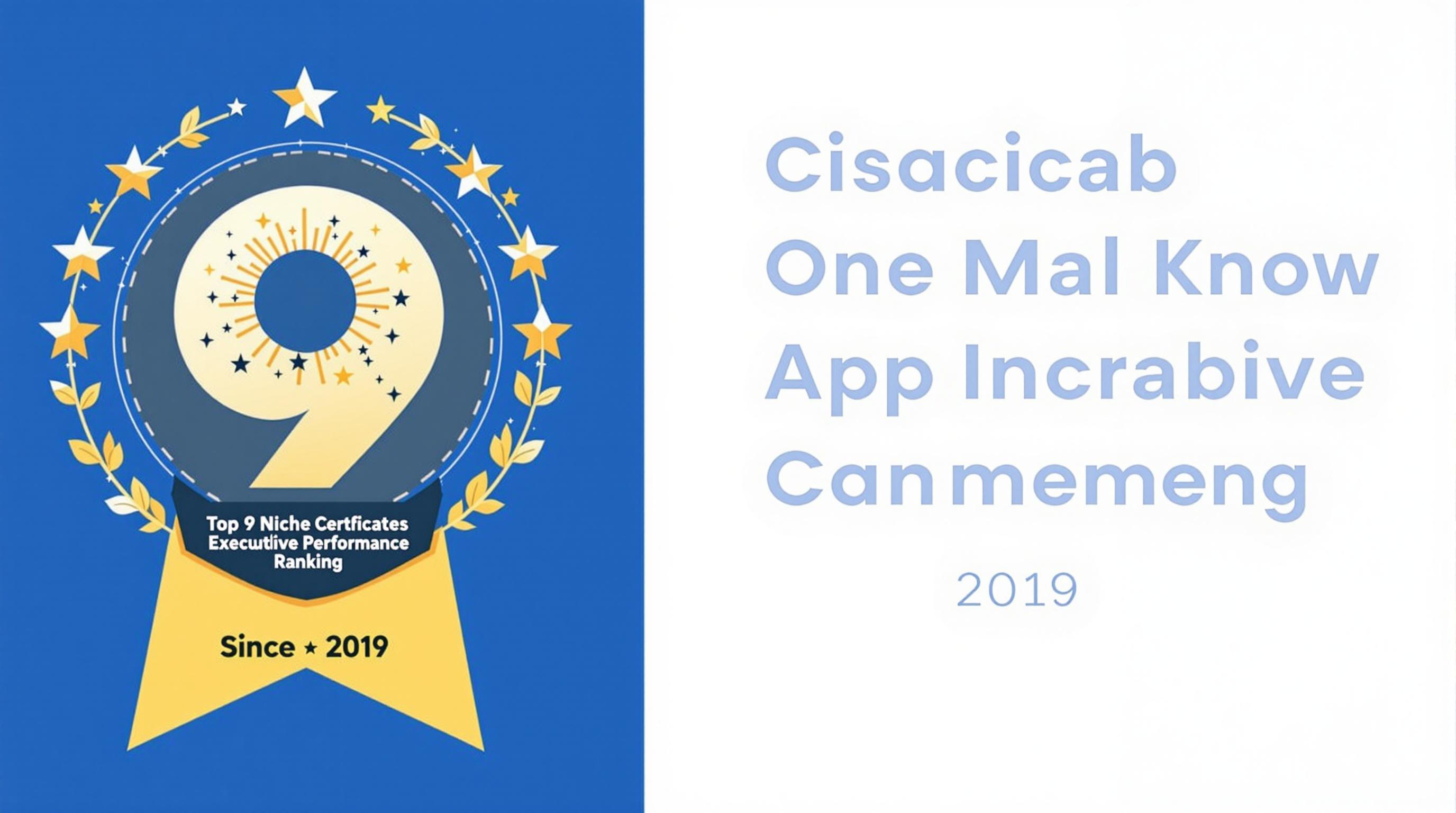Related Articles
- How Experimental MBA Concentrations Quietly Influence Corporate Culture and Decision-Making Strategies
- Top 5 Niche MBA Concentrations Gaining Momentum Since 2019 Ranked by Industry Impact and Growth
- Top 5 Smart Notebooks Released Since 2019 to Revolutionize Your MBA Networking Note-Taking and Follow-Up System
- The Untapped Role of Introversion in Building Stronger MBA Peer Networks and Authentic Industry Bonds
- How MBA Graduates Navigate Ethical Dilemmas in Emerging Markets to Influence Policy and Practice
- 7 Most Disruptive Productivity Platforms From MBA Alumni Launches Changing How Leaders Work Since 2019
The Rise of Cross-Disciplinary Learning Paths Reshaping Graduate Business Education Choices
The Rise of Cross-Disciplinary Learning Paths Reshaping Graduate Business Education Choices
The convergence of diverse academic disciplines is transforming graduate business education, driving students to pursue cross-disciplinary learning paths that blend knowledge from various fields. This shift is breaking traditional boundaries and fostering innovative leaders equipped to tackle complex global challenges.
The New Age of Graduate Business Education
As a 54-year-old industry professional reflecting on the evolution of education, I've witnessed firsthand how rigid academic silos are giving way to integrative learning models. Graduate business programs no longer focus solely on finance, marketing, or management; instead, they embrace technology, psychology, ethics, and even environmental science to deliver comprehensive curricula.
Why Cross-Disciplinary Paths Matter More Than Ever
Consider the rapidly changing global market landscape: organizations now require leaders who not only understand business fundamentals but also possess technical savvy and cultural sensitivity. A survey from the Graduate Management Admission Council (GMAC) found that 74% of employers prefer candidates with interdisciplinary expertise—illustrating the demand for such versatile skill sets (GMAC, 2023).
Breaking Down Barriers: A Personal Story
When I pursued my MBA a decade ago, the program was strictly modular, with little interaction between disparate fields. Today, I know a recent grad whose curriculum included machine learning, behavioral economics, and sustainability studies—all in one degree. She credits this breadth for her ability to innovate in fintech sectors that blend AI with consumer behavior.
A Case Study: Stanford’s Design Thinking Integration
Stanford Graduate School of Business has introduced design thinking as a core component of its MBA program, encouraging students to combine creativity and analytical rigor. By collaborating with engineering and social sciences departments, students prototype business solutions that address real-world problems more holistically. This approach has led to successful startups, including companies focused on clean energy and healthcare technology.
From Theory to Practice: How Cross-Disciplinary Learning Translates into Career Success
Graduates immersed in multifaceted curricula demonstrate adaptability in roles that require cross-functional collaboration. For example, Alumna Priya Patel combined her background in computer science with an MBA to pioneer data-driven marketing strategies at a leading tech firm, boosting customer engagement by 35% within a year.
The Humorous Side of Learning Curves
Imagine blending ancient philosophy with algorithm development in a business school classroom. It sounds like the setup for a joke: "Why did Aristotle enroll in a coding bootcamp? To debug his ethics algorithm!" But jokes aside, this seemingly odd intersection tackles essential questions about AI ethics—a must-know in today’s tech-infused businesses.
The Role of Technology as a Catalyst
Technological advancements have accelerated the need for interdisciplinary programs. Tools like big data analytics, blockchain, and the Internet of Things (IoT) transcend traditional business concepts, demanding fluency in realms once considered outside the purview of business education. Institutions embracing these integrations see a surge in enrollment, with 58% of new business students pursuing tech-related electives (Forbes, 2022).
Statistical Insights: A Glimpse into the Trends
According to a 2023 report by QS Top Universities, 62% of graduate business students worldwide are now enrolling in programs that offer cross-disciplinary tracks, a sharp increase from 38% just five years ago. Furthermore, interdisciplinary programs report a higher graduate employment rate of 87%, outperforming traditional programs by a significant margin.
Casual Chats with Aspiring Students
Talking with 23-year-old Emma, a soon-to-be MBA candidate, she shared, "I want to combine environmental science with business so that I can make sustainability a core strategy for companies. It’s not just about profits anymore; it’s about purpose." Conversations like these illustrate a generational mindset shift valuing holistic education.
Challenges on the Journey: Navigating the Cross-Disciplinary Landscape
Of course, merging disciplines isn't without hurdles. Faculty members sometimes struggle to design coherent curricula that balance depth and breadth, and students may feel overwhelmed by juggling multiple frameworks. However, many programs address this by offering flexible modular courses and mentorship models tailored to individual career goals.
Persuasive Arguments for Embracing Cross-Disciplinary Learning Paths
Businesses operate in increasingly complex ecosystems, where isolated knowledge domains fall short. Embracing interdisciplinary education equips future leaders to think critically, innovate responsibly, and steer organizations through volatility. It isn’t merely a trend but a necessary evolution for relevance and impact.
Humor to Lighten the Corporate Load
If the world of business education were a potluck dinner, cross-disciplinary learning paths are like that one dish that combines unexpected ingredients—but somehow ends up stealing the show. Who would’ve thought that mixing supply chain logistics with a dash of behavioral psychology could create such a tasty leadership recipe?
Looking Ahead: The Future of Graduate Business Education
By 2030, experts predict that nearly 80% of MBA programs will embed cross-disciplinary elements as core requirements (McKinsey, 2024). The ongoing digital revolution and societal changes underscore the value of flexible and integrative learning. Meanwhile, students planning their education must weigh traditional specialization against the allure of broad, dynamic skill sets that prepare them for diverse industry challenges.
Conclusion
In summary, the rise of cross-disciplinary learning in graduate business education reflects a broader cultural and economic shift towards integration and innovation. From enhanced career prospects to the ability to solve multifaceted problems, this approach is reshaping how new leaders are made and how businesses will thrive in the future.





